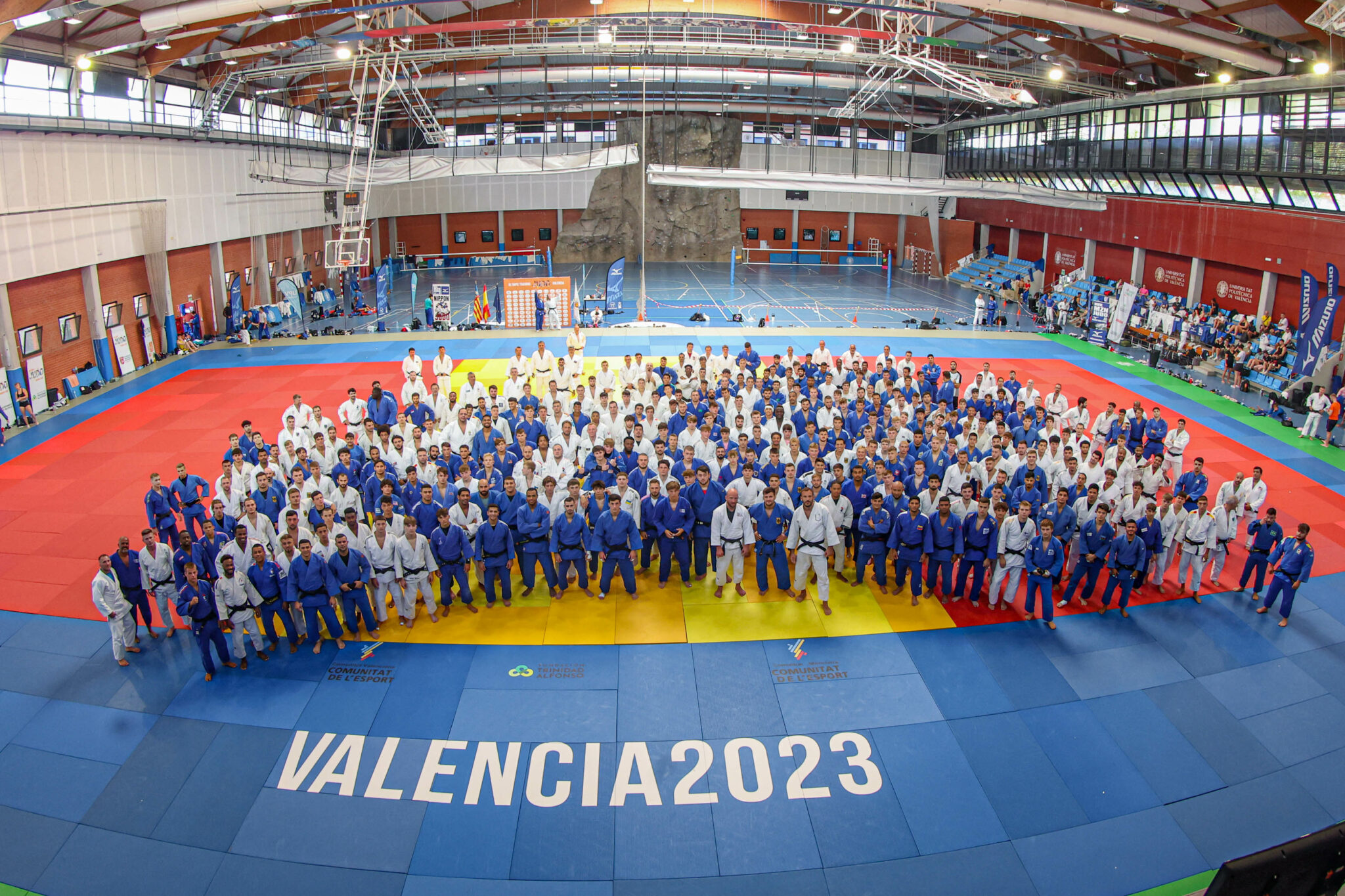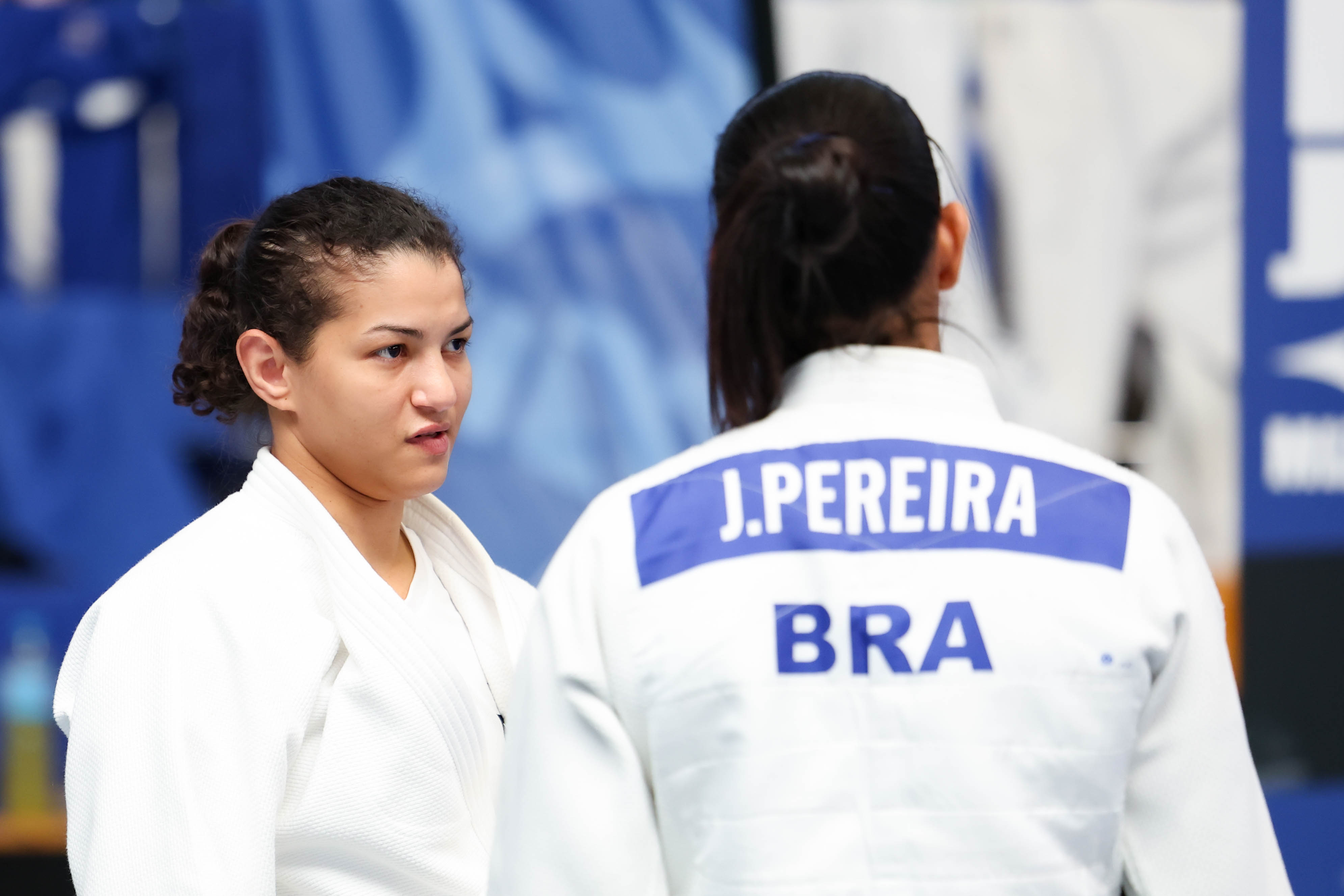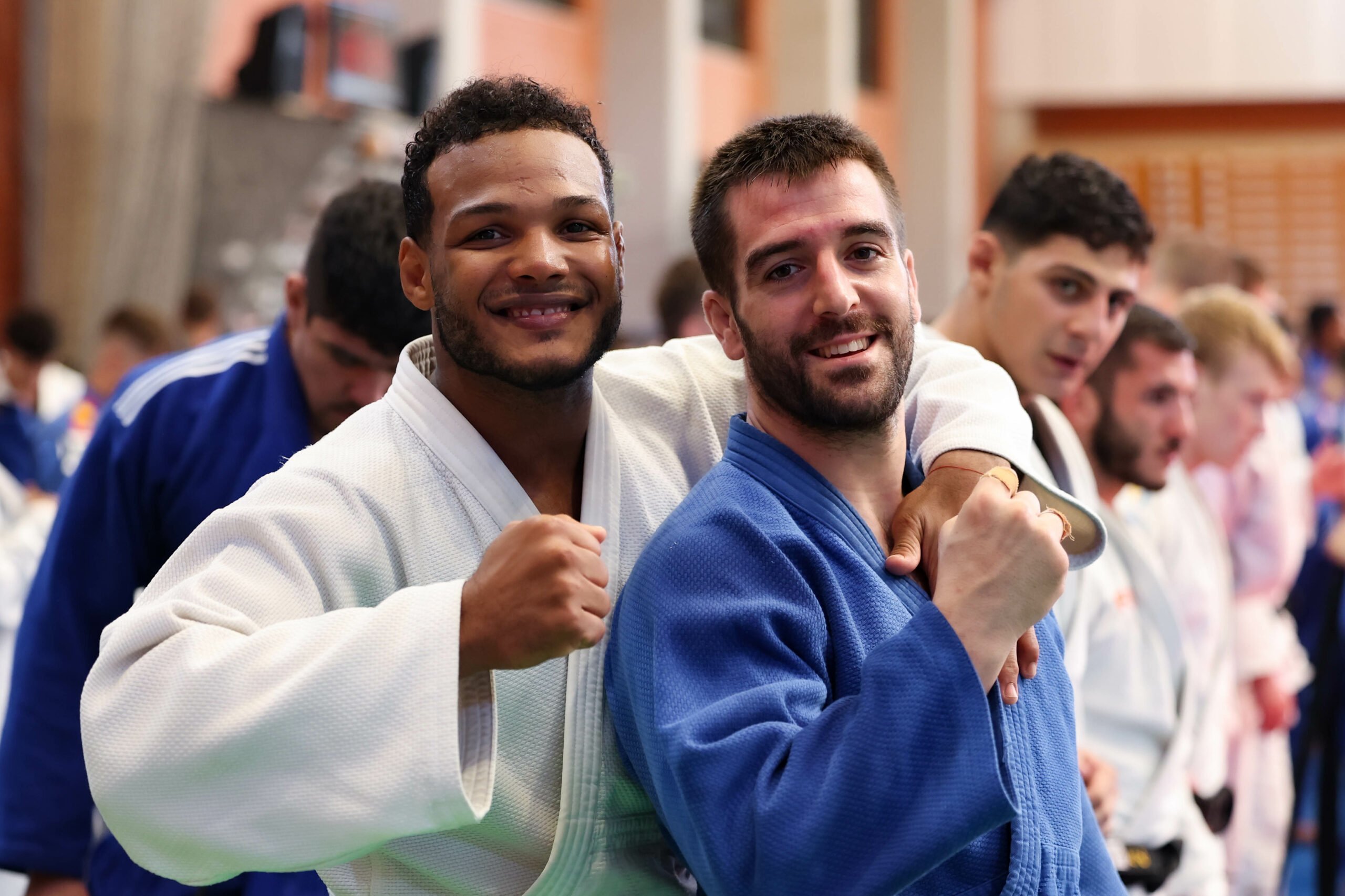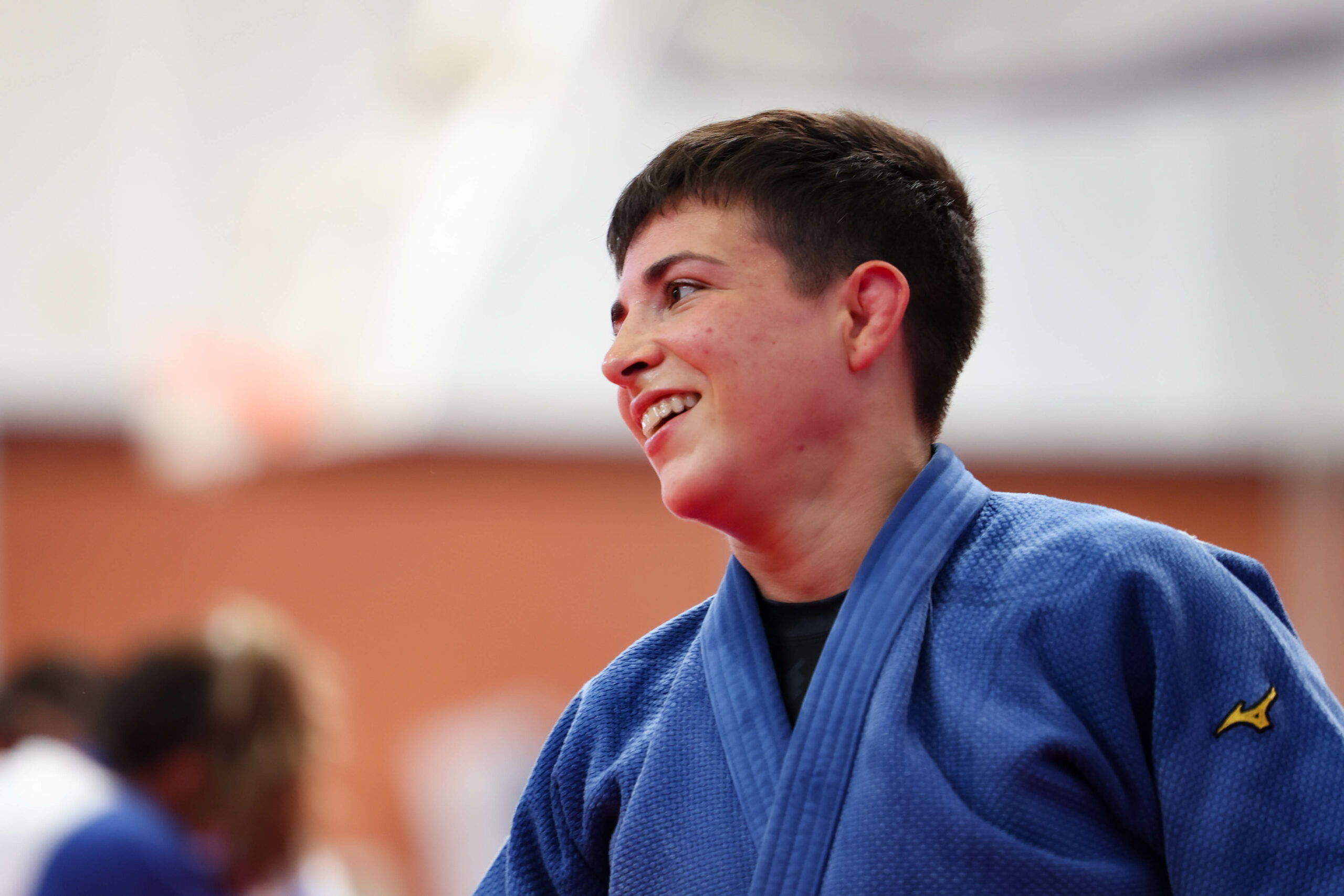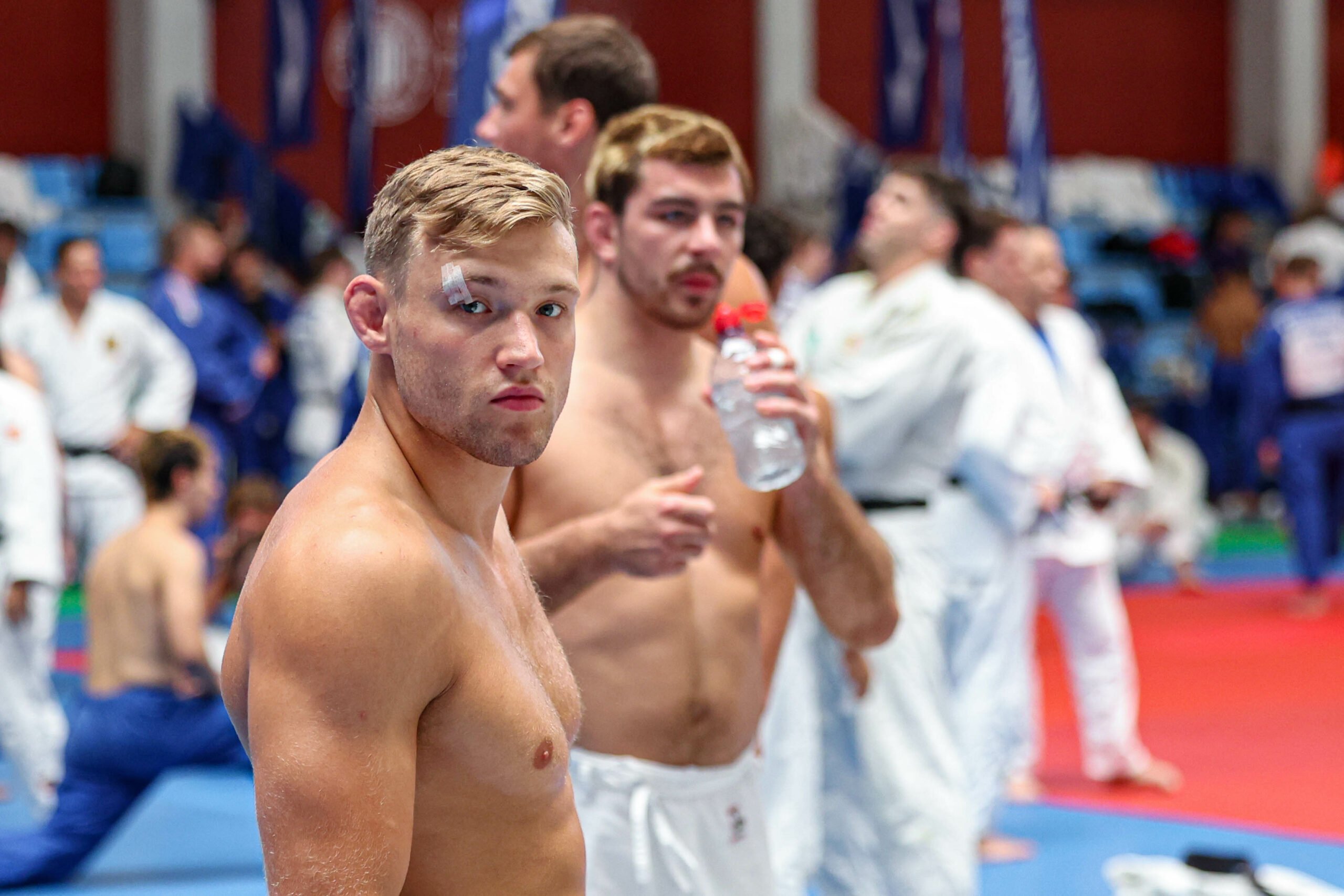There is something very special about how friendships are forged in judo. So strong that we call ourselves a judo family, but that doesn’t happen by chance.
The International Judo Performance Centre in Valencia has, over the years, developed strong links and friendships through their heartened welcome and support, giving a unique culture of diverse training opportunities for clubs and national teams from all over the world. Behind the success of the centre in Valencia, one of two in Spain, are decorated husband and wife; Olympians, Sugoi Uriarte and Laura Gómez.
Sugoi, world medallist, European Champion, IJF World Masters and multiple Grand Slam medallist and Laura, European medallist, IJF World Masters and multiple Grand Slam medallist. The pair joined the coaching team with their personal coach, and Laura’s father, Salvador Gómez, following their retirement after the 2016 Olympic Games in Rio. From then, both naturally transitioned into top level coaching and now oversee the centre.
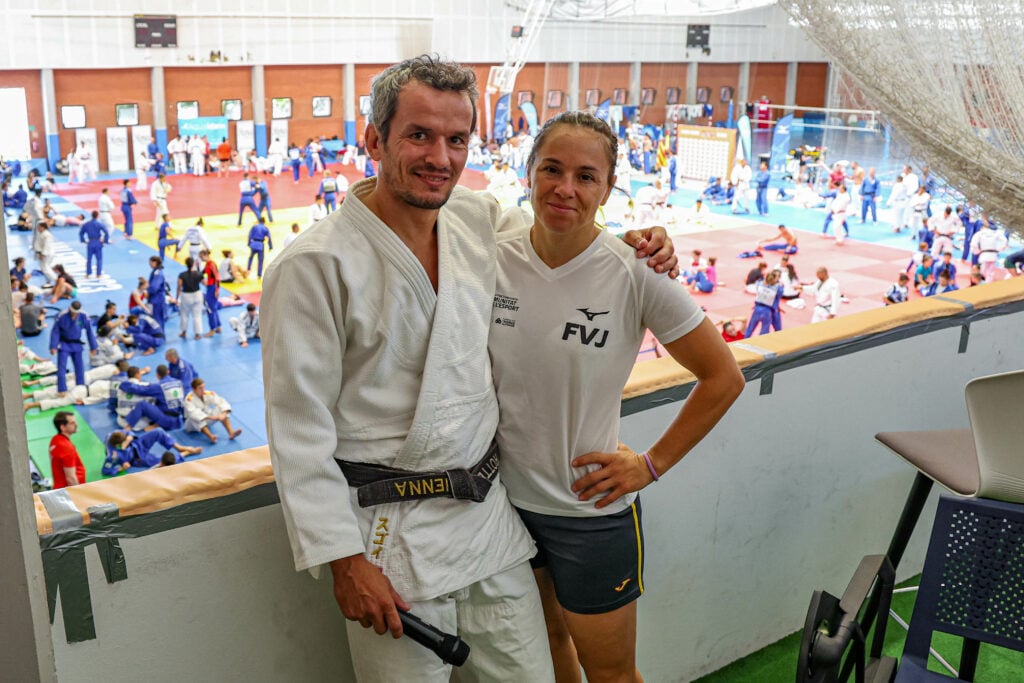
This week, the Valencia International Performance Centre are running their second international camp, which has been a huge success, hosting over 800 athletes from 50 nations. It is evident that this is a collective effort from the club with the likes of Ana Perez Box, Julia Figueroa and Alfonso Urquiza Solana on and off the tatami, assisting their coaches. As Laura has flown out from the camp to support their athletes competing at the Cadet World Championships in Zagreb this week, we take an opportunity to speak with Sugoi, to find out what it takes to create a successful centre and investigate the development of the training camp in Valencia.
What is it that makes this highly populated camp so attractive?
It’s affordable and it’s a good time of the year to run such a camp. Training camps can be very expensive, maybe teams can only afford to take a small number of players and have to leave many players behind. In Valencia we have welcomed many teams over the years, Valencia feels like home, it’s a familiar place, with familiar faces. We thought it would be a good idea to hold a ‘super’ training camp, that is accessible for all and brings everyone together. We also live in a fantastic city with beautiful beaches and a good airport. It’s a nice place to visit. Although this week the weather its really hot, but there are some things I can’t control!
How satisfied are you with the quality and quantity of the camp?
I am more than happy with the attendance of the camp. This is only the second time we have run this camp, and we have doubled the number of players who have attended. Also, the quality of the teams and individuals who are here is amazing. We have current world, European and Olympic Champions, many amazing competitors of medium and high level. The camp last year was well attended, and 91% of people have returned this year. I believe the returning teams reflects this type of training opportunity.
You have hosted a cadet camp prior; how did that go?
We started this year to try and develop a cadet training camp, because they are the next generation. We made it a mix of technical and randori in the morning, which worked well, and we were supported by lessons from Jane Bridge, the first women’s world champion and Elio Verde, world and European medallist, and in the afternoon, we do randori. It went very well, and I hope that this camp will also grow and develop.
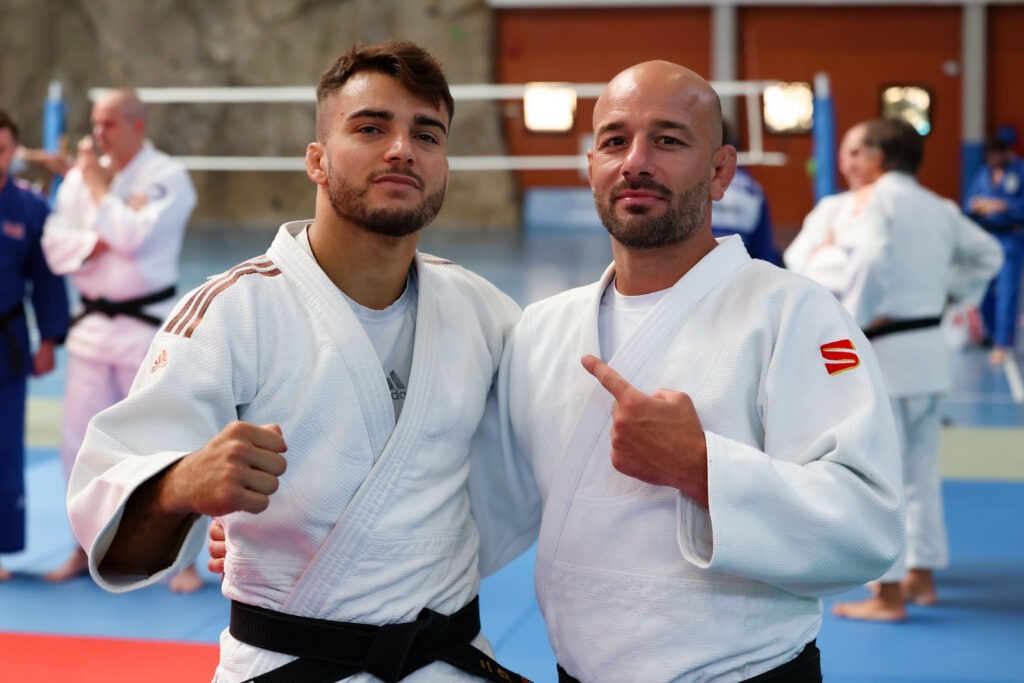
There isn’t a dull moment for you and Laura as there is a constant turnaround of people at your club. Why do you think teams like to come to this training centre?
We make it accessible for international teams and strong clubs to train. We have multiple international teams that train full time here in Valencia, and many teams that come in regularly to train. We welcome players and coaches and provide high level training opportunities. Through this, many teams and players visit on a regular basis.
What I notice is that the atmosphere is special here. The randori is hard, but there are notable opportunities for the younger players to train with the top athletes, why do you think this works here?
What I have experienced over the years, that teams preparing for the Olympic Games don’t always want to train and have randori with the top level heading into the major competitions. The feeling on the mat in Valencia is open, all levels need each other to train, and I feel this has transitioned into the camp here. Coaches and players here are friends, everyone knows each other either through the international circuit or by meeting in Valencia. I had poor experiences as a young athlete, with top players refusing a practice with me. As a result of this experience, it’s something I didn’t do as an athlete and something I would discourage as a coach.
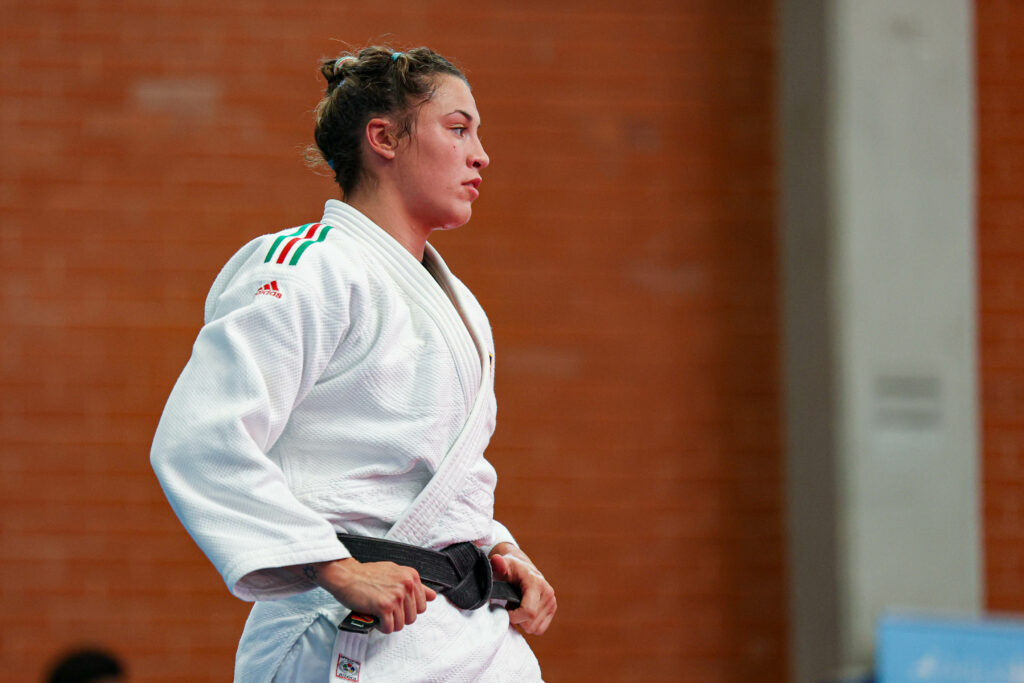

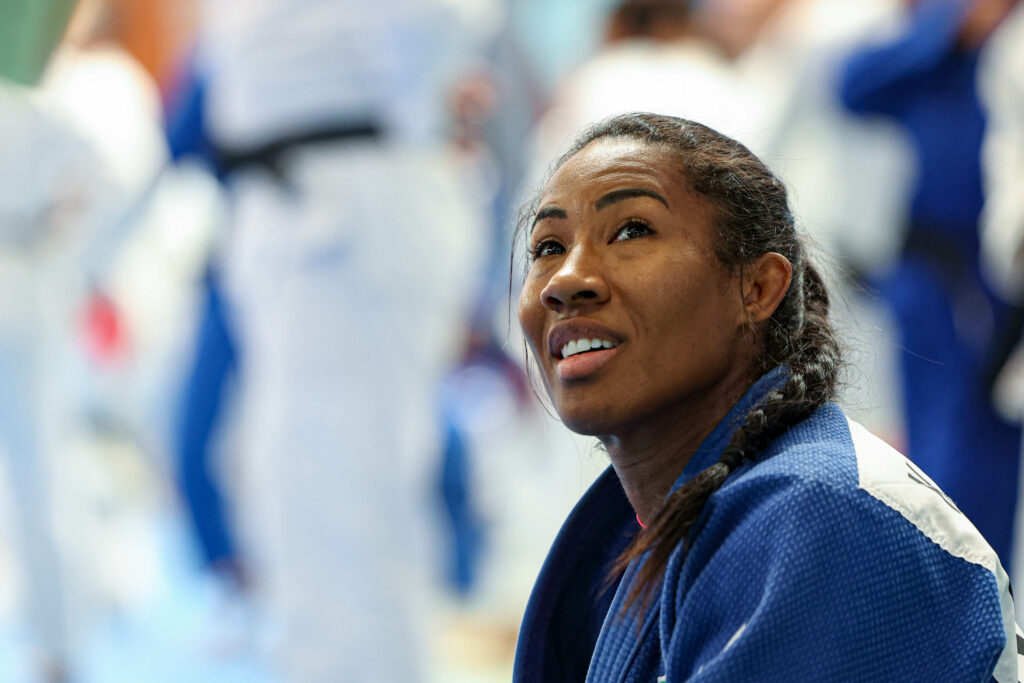
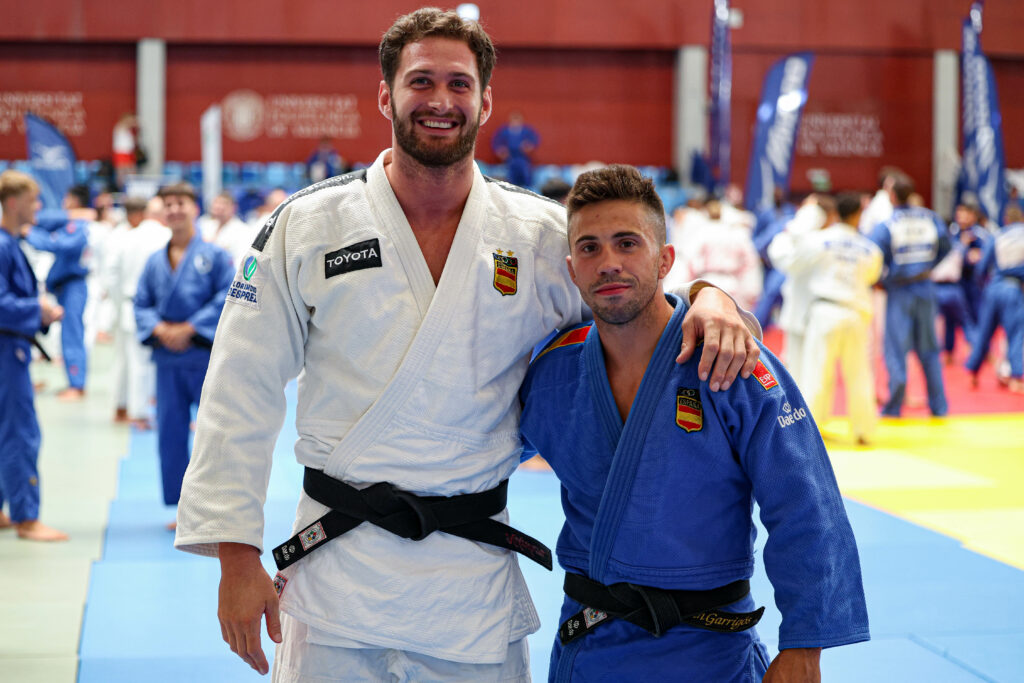
A camp this size takes a lot of organisation, how do you hope that this continues to develop?
Well, the organisation can be stressful, we must book out venues and accommodation, and hope the teams that say will come, will come. We have made small investments over the year, to make the camp even more professional, and we ask for feedback at the end of the camp from coaches to find areas that we can improve.
There is certainly a special dynamic of top judoka that appreciate the work and support that is done in Valencia. Sugoi and Laura are at the heart of the judo family here and are making incredible opportunities for judoka to develop in judo and in life. We wish them much success in their future development in the performance centre and at their international training camps.
Though there is a huge camp this week, there are many that are regular attendees at the training centre, and have wonderful things to say about this facility, and more importantly, the hosts.
Author and interviewer: Chloe COWEN VICKERS, EJU Commentator and Great Britain National Coach.
Author: EJU Media



